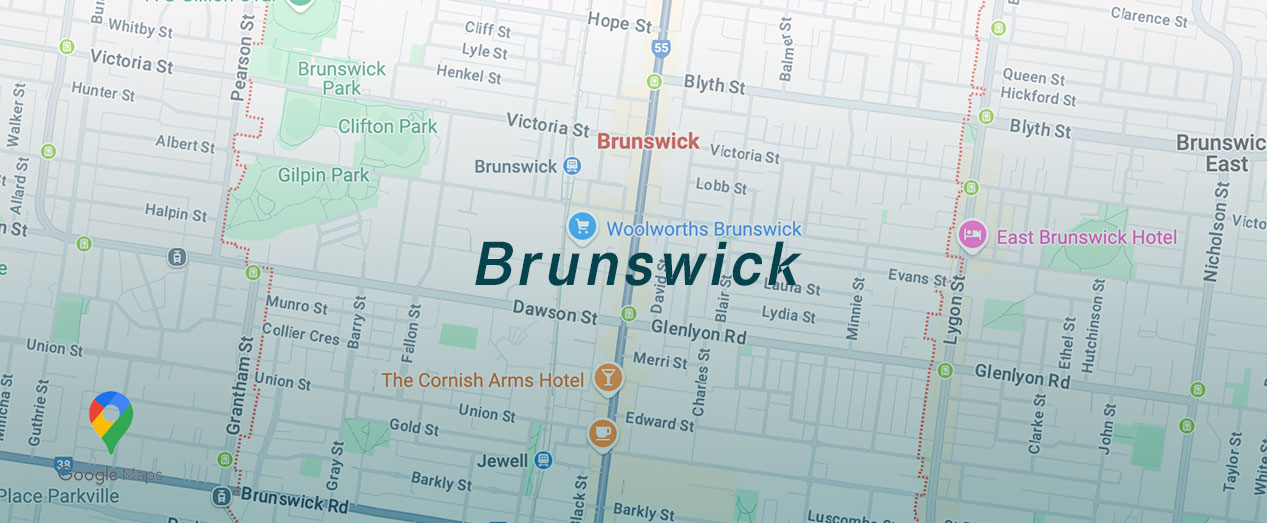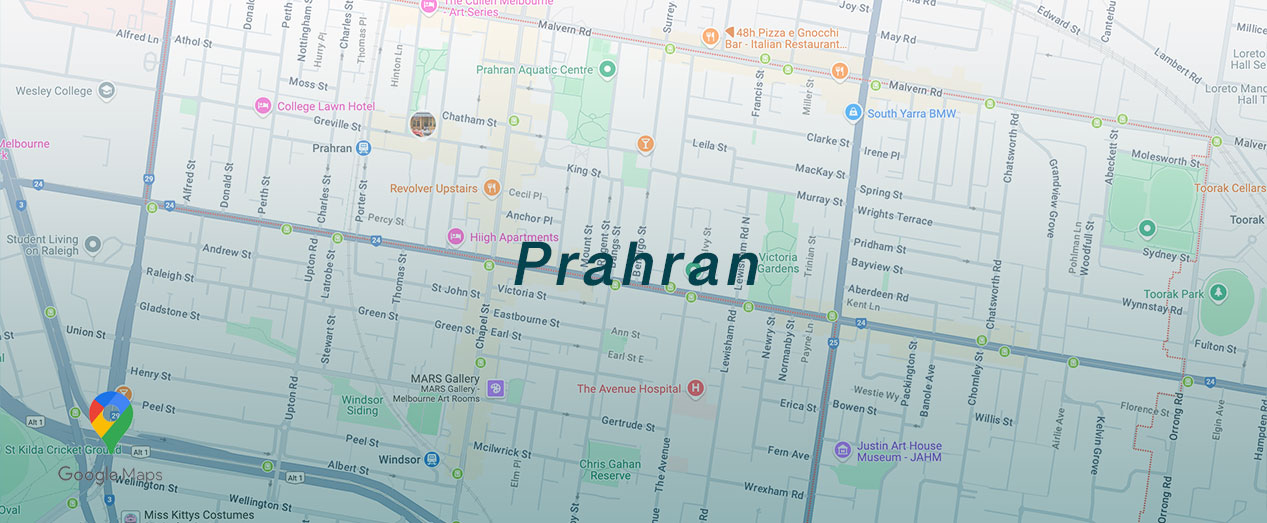
Eating Disorders
Eating disorders are serious mental health conditions that significantly impact a person’s relationship with food, body image, and self-esteem. These disorders are often accompanied by extreme emotional distress and can lead to life-threatening physical complications. The most common types of eating disorders include anorexia nervosa, bulimia nervosa, and binge-eating disorder. Each of these conditions presents distinct challenges, yet all are rooted in an unhealthy preoccupation with food, weight, or body shape.
Types of Eating Disorders
1. Anorexia Nervosa
Characterised by an intense fear of gaining weight and a distorted body image, individuals with anorexia nervosa severely restrict their food intake, often leading to extreme weight loss. Despite being underweight, they perceive themselves as overweight, driving harmful behaviours such as starvation, excessive exercise, or the misuse of laxatives.
2. Bulimia Nervosa
People with bulimia nervosa engage in episodes of binge eating, where they consume large amounts of food in a short period. This is followed by compensatory behaviours such as vomiting, excessive exercise, or using laxatives to prevent weight gain. Bulimia often leads to feelings of shame and guilt, reinforcing the cycle of bingeing and purging.
3. Binge-Eating Disorder
This condition involves recurrent episodes of binge eating, where individuals consume large amounts of food even when they’re not hungry. Unlike bulimia, binge-eating disorder does not involve purging behaviours. It often results in feelings of distress, guilt, and shame, and can contribute to weight gain and related health issues.
4. Other Specified Feeding or Eating Disorders (OSFED)
Some individuals may exhibit symptoms of disordered eating that do not fit neatly into the categories above. These conditions are just as serious and can include patterns like orthorexia, an unhealthy obsession with "clean" eating, or avoidant/restrictive food intake disorder (ARFID).







